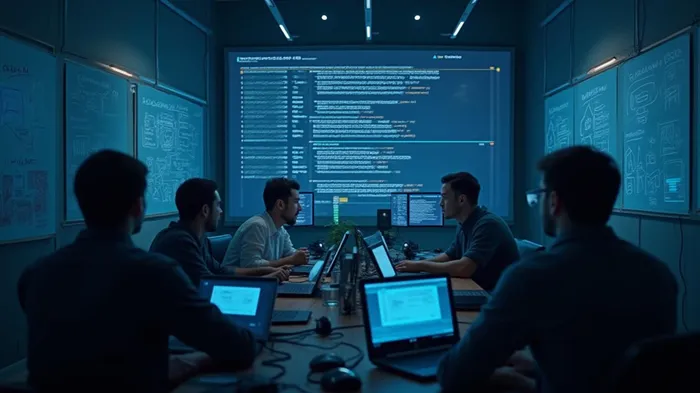Ethereum Developers Plan Fusaka Upgrade for 2025 End
Ethereum's core developers are already focusing on the next major upgrade, Fusaka, following the successful deployment of Pectra, the network's biggest upgrade in over a year. Pectra introduced key changes aimed at making staking easier for institutions, improving wallet accessibility, and boosting transaction efficiency.
Fusaka is set to include an Ethereum Improvement Proposal (EIP) called "PeerDAS," which could help the network support larger "blobs" of transaction data. BlobsGLOB--, introduced during the Dencun upgrade, are dedicated spaces for large chunks of data related to transactions. They are stored off-chain, which reduces congestion on the Ethereum blockchain and lowers gas fees. These blobs are crucial for the growing layer-2 ecosystem built on top of Ethereum, such as Arbitrum, Optimism, and Coinbase's Base, which process transactions more quickly and at lower costs than the main chain.
PeerDAS, which stands for Peer Data Availability Sampling, would allow validators to download partial data from blobs instead of full blobs to validate whether the data has been posted to the network. This could potentially reduce layer-2 transaction costs and benefit institutions operating validators on the Ethereum blockchain. Parithosh Jayanti, a devops engineer at the Ethereum Foundation, emphasized the importance of PeerDAS, stating that it allows for a significant increase in the blob limit, which is essential for helping layer-2s scale.
Fusaka is scheduled to go live at the end of 2025 and will eventually include a bundle of additional upgrades beyond PeerDAS. However, Ethereum developers have a history of delaying their upgrades. Pectra, for instance, was initially set for release at the end of 2024 but was postponed to the first quarter of 2025. After a few faulty tests, the developers further delayed the upgrade to May.
Ethereum developers have faced criticism over the past year for not implementing protocol changes quickly enough. As the price of the network’s token has lagged in recent months and developers have migrated to competing ecosystems, the chain's community has debated whether its unofficial leader — the non-profit Ethereum Foundation — is to blame.

Quickly understand the history and background of various well-known coins
Latest Articles
Stay ahead of the market.
Get curated U.S. market news, insights and key dates delivered to your inbox.

Comments
No comments yet